The Decentralised Nature of Bitcoin Governance
Bitcoin, the pioneering cryptocurrency, has often been lauded for its decentralised nature. Unlike traditional financial systems, Bitcoin operates without a central authority, making it a unique and revolutionary form of digital currency. However, this raises an intriguing question: who controls Bitcoin? To answer this, we must delve into the intricacies of its software governance.
Understanding Bitcoin’s Foundation: The Blockchain
At the heart of Bitcoin lies the blockchain, a distributed ledger that records all transactions across a network of computers. This ledger is maintained by a network of nodes, each holding a copy of the blockchain. The decentralised nature of the blockchain ensures that no single entity can control or manipulate the data.
Key Components of the Blockchain
- Blocks: These are individual units that store transaction data. Each block is linked to the previous one, forming a chain.
- Nodes: These are computers that participate in the Bitcoin network, validating and relaying transactions.
- Miners: These are specialised nodes that solve complex mathematical problems to add new blocks to the blockchain.
The Role of Bitcoin Core
Bitcoin Core is the reference implementation of Bitcoin’s software. It is an open-source project maintained by a community of developers. The software dictates the rules of the Bitcoin network, including how transactions are verified and how new bitcoins are created.
Development and Maintenance
The development of Bitcoin Core is a collaborative effort. Developers from around the world contribute to the project, proposing changes and improvements. These proposals are reviewed and discussed by the community before being accepted or rejected.
Consensus Mechanism
Bitcoin operates on a consensus mechanism known as Proof of Work (PoW). This mechanism ensures that all nodes in the network agree on the state of the blockchain. Miners compete to solve mathematical problems, and the first to solve it gets to add a new block to the blockchain. This process is resource-intensive, but it secures the network against attacks.
Bitcoin Improvement Proposals (BIPs)
Bitcoin Improvement Proposals (BIPs) are formal documents that propose changes to the Bitcoin protocol. These proposals can be submitted by anyone and are reviewed by the community. BIPs go through a rigorous process of discussion and testing before being implemented.
Types of BIPs
- Standard BIPs: These propose changes to the Bitcoin protocol or network.
- Informational BIPs: These provide guidelines or information to the Bitcoin community.
- Process BIPs: These describe changes to the processes or procedures used in Bitcoin development.
Notable BIPs
Several BIPs have played a significant role in shaping Bitcoin’s development. For example, BIP 32 introduced hierarchical deterministic wallets, while BIP 141 proposed the Segregated Witness (SegWit) upgrade, which improved transaction efficiency and scalability.
The Role of Miners
Miners play a crucial role in Bitcoin’s governance. By solving mathematical problems, they secure the network and validate transactions. Miners also have a say in protocol changes. When a new BIP is proposed, miners can signal their support or opposition by including a specific code in the blocks they mine.
Mining Pools
Many miners join mining pools to increase their chances of earning rewards. These pools combine the computational power of multiple miners, allowing them to solve problems more quickly. However, this can lead to centralisation concerns, as a few large pools control a significant portion of the network’s hash rate.
Nodes and Their Influence
Nodes are another critical component of Bitcoin’s governance. They validate transactions and blocks, ensuring that they comply with the network’s rules. Nodes can also reject blocks that do not follow the consensus rules, providing a check on miners’ power.
Full Nodes vs. Lightweight Nodes
- Full Nodes: These nodes store the entire blockchain and validate all transactions and blocks. They provide the highest level of security and decentralisation.
- Lightweight Nodes: These nodes do not store the entire blockchain. Instead, they rely on full nodes for transaction validation. While they are easier to run, they offer less security.
The Role of Developers
Developers are the architects of Bitcoin’s software. They write the code that defines the network’s rules and propose changes through BIPs. The development process is open and transparent, with discussions taking place on public forums and code repositories.
Core Developers
Core developers are a group of highly experienced developers who have made significant contributions to Bitcoin Core. While they have no formal authority, their expertise and reputation give them considerable influence in the community.
Open Source Development
Bitcoin Core is an open-source project, meaning anyone can contribute to its development. This openness ensures that the software is constantly reviewed and improved by a diverse group of developers. It also prevents any single entity from gaining control over the project.
Community Governance
The Bitcoin community plays a vital role in its governance. Users, developers, miners, and node operators all have a say in the network’s direction. Decisions are made through a process of consensus, with proposals being discussed and debated until a majority agrees.
Forums and Communication Channels
Discussions about Bitcoin’s development take place on various forums and communication channels. These include mailing lists, online forums, and social media platforms. These discussions are open to anyone, allowing for a wide range of perspectives and ideas.
Consensus Building
Building consensus in a decentralised network is challenging. It requires extensive discussion and compromise. However, this process ensures that changes are thoroughly vetted and have broad support before being implemented.
Challenges and Controversies
Bitcoin’s governance is not without its challenges and controversies. Disagreements over protocol changes have led to contentious debates and even network splits. For example, the debate over block size led to the creation of Bitcoin Cash, a separate cryptocurrency with a larger block size.
Scalability Issues
Scalability has been a long-standing issue for Bitcoin. The network’s limited transaction capacity has led to high fees and slow confirmation times during periods of high demand. Various solutions, such as SegWit and the Lightning Network, have been proposed and implemented to address these issues.
Centralisation Concerns
Despite its decentralised nature, Bitcoin faces centralisation concerns. The concentration of mining power in a few large pools and the influence of core developers are often cited as potential risks. Ensuring a diverse and distributed network is crucial for maintaining Bitcoin’s decentralisation.
Future of Bitcoin Governance
The future of Bitcoin governance will likely involve continued evolution and adaptation. As the network grows and new challenges arise, the community will need to find innovative solutions to maintain its decentralised nature.
Potential Improvements
- Enhanced Scalability: Ongoing research and development aim to improve Bitcoin’s scalability, making it more efficient and capable of handling a higher volume of transactions.
- Decentralised Governance Models: New governance models, such as decentralised autonomous organisations (DAOs), could provide more inclusive and transparent decision-making processes.
- Increased Privacy: Enhancements to privacy features could make Bitcoin more secure and attractive to users concerned about their financial privacy.
Community Involvement
The continued involvement of the community will be essential for Bitcoin’s success. Encouraging diverse participation and fostering open discussions will help ensure that the network remains resilient and adaptable.
Conclusion
Bitcoin’s governance is a complex and multifaceted process involving developers, miners, nodes, and the broader community. Its decentralised nature ensures that no single entity can control the network, but this also presents challenges in reaching consensus and implementing changes. Through open-source development, community involvement, and innovative solutions, Bitcoin continues to evolve and adapt to new challenges. Understanding the intricacies of its governance provides valuable insights into the resilience and potential of this revolutionary digital currency.
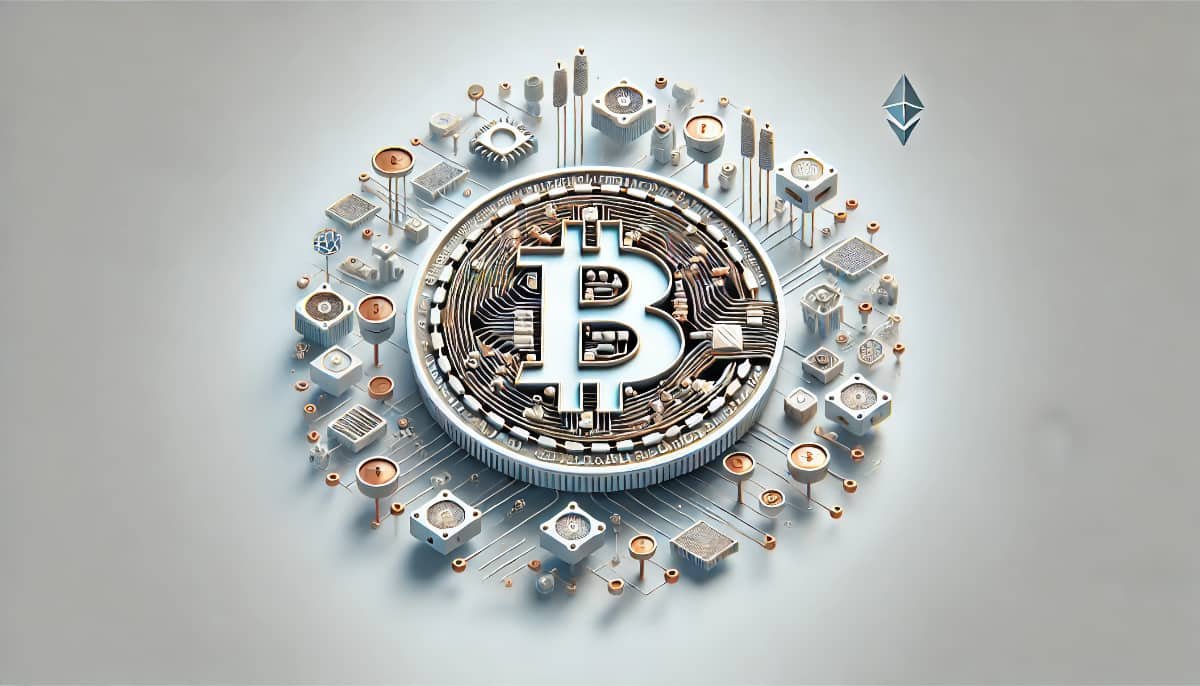
Q&A Section
| Question | Answer |
|---|---|
| Who maintains Bitcoin Core? | Bitcoin Core is maintained by a community of developers from around the world who contribute to its open-source codebase. |
| What is a BIP? | A Bitcoin Improvement Proposal (BIP) is a formal document proposing changes to the Bitcoin protocol or network. |
| How do miners influence Bitcoin governance? | Miners influence Bitcoin governance by validating transactions and blocks, and by signalling their support or opposition to protocol changes through the blocks they mine. |
| What are the main challenges in Bitcoin governance? | Main challenges include scalability issues, centralisation concerns, and reaching consensus on protocol changes. |
| What is the role of nodes in Bitcoin? | Nodes validate transactions and blocks, ensuring they comply with the network’s rules. They provide a check on miners’ power and contribute to the network’s security and decentralisation. |








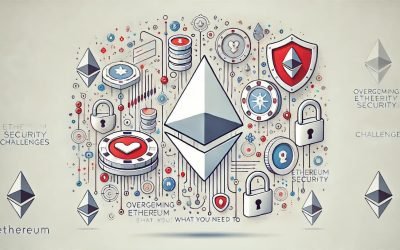
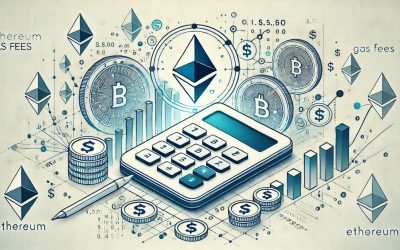

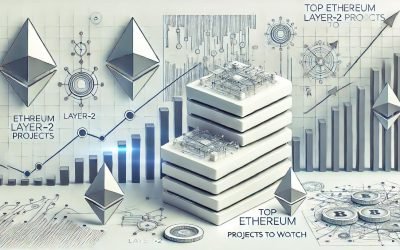
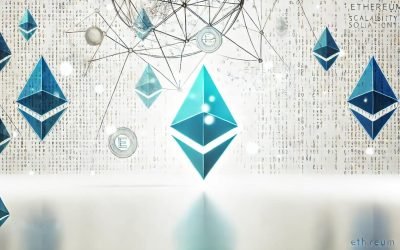

 How to trade CFD? (00:49)
How to trade CFD? (00:49) How to trade binary options*? (01:22)
How to trade binary options*? (01:22) Forex. How to start? (01:01)
Forex. How to start? (01:01)